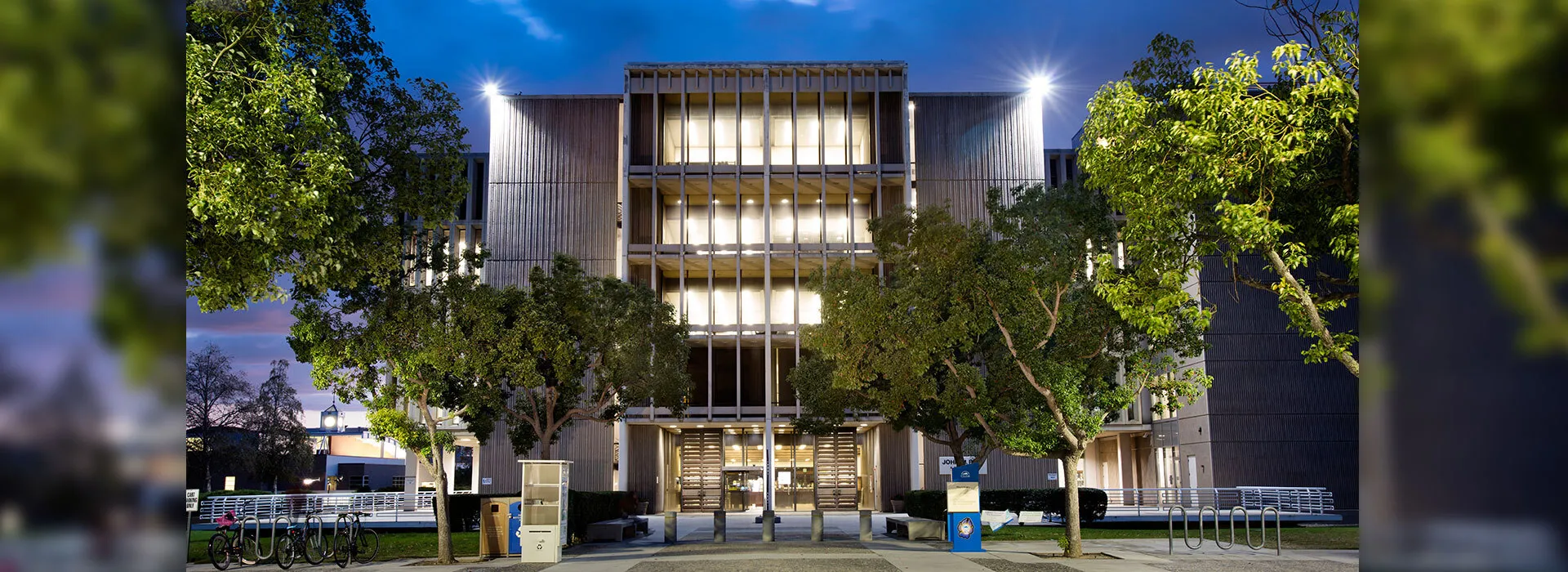
Cal State San Bernardino’s Water Resources Institute is a part of a multi-institutional initiative, led by Pomona College, that has been awarded a $333,574 grant for the project “Digitizing Southern California Water Resources,” which will digitize, preserve, and archive primary source materials on California water history.
The grant is funded by the Andrew W. Mellon Foundation.
“This immensely valuable initiative will create a central repository of historical documentation, helping to integrate and advance water research,” said Cesar Caballero, dean of CSUSB’s John M. Pfau Library. “Scholars, researchers, policy analysts, and the broader public will have access to a rich collection of water-related materials, benefitting a range of professionals, including engineers, urban planners, public health officials, legal historians, and those in the diverse field of environmental studies, among many, many others.”
The WRI is one of six institutions collaborating on the project, including the Claremont Colleges Library, Cal State Northridge’s Oviatt Library, Ontario City Library, Upland Public Library and the National Archives and Records Administration at Riverside.
WRI Director Suzie Earp, who served as one of the grant’s co-authors, said the funding would play a critical role in digitizing materials from the Salton Sea Archives, located on the CSUSB Palm Desert Campus and founded through generous support from the Agua Caliente Band of Cahuilla Indians.
The archives — which includes a general history of the Salton Sea region, maps, drawings, photos, air quality and scientific reports, environmental impact statements and more — comprises the cornerstone collection from the Salton Sea Authority. The SSA, a joint powers authority responsible for overseeing the comprehensive restoration and revitalization of the Salton Sea, donated the materials to the WRI in 2015.
“I congratulate Suzie Earp and the WRI for bringing the Palm Desert Campus Library a step closer to housing a major research center focused on the Salton Sea,” said Risa Lumley, Palm Desert Campus librarian. “Given the significant environmental, economic, and public health benefits of rehabilitating the Salton Sea, the need for a center of this kind is vital. The long-term strength and prosperity of the Coachella Valley, especially its vulnerable communities, depends, to a large degree, on a healthy and viable Salton Sea.”
Sharon Brown-Welty, dean of the CSUSB Palm Desert Campus, said, “We are very excited about being a partner in digitizing historical water documents for Southern California. These documents can help to inform practice for protecting one of our most valuable resources in the desert: water. We are already working closely with the Agua Caliente Band of Cahuilla Indians — a long-standing university partner — on preserving historical documents, so participating in this grant makes a great deal of sense.”
The Council on Library and Information Resources is an independent, nonprofit organization that forges strategies to enhance research, teaching, and learning environments in collaboration with libraries, cultural institutions, and communities of higher learning.
For more information about the “Digitizing Southern California Water Resources” project or the WRI, contact Suzie Earp at (909) 537-7683 or earps@csusb.edu